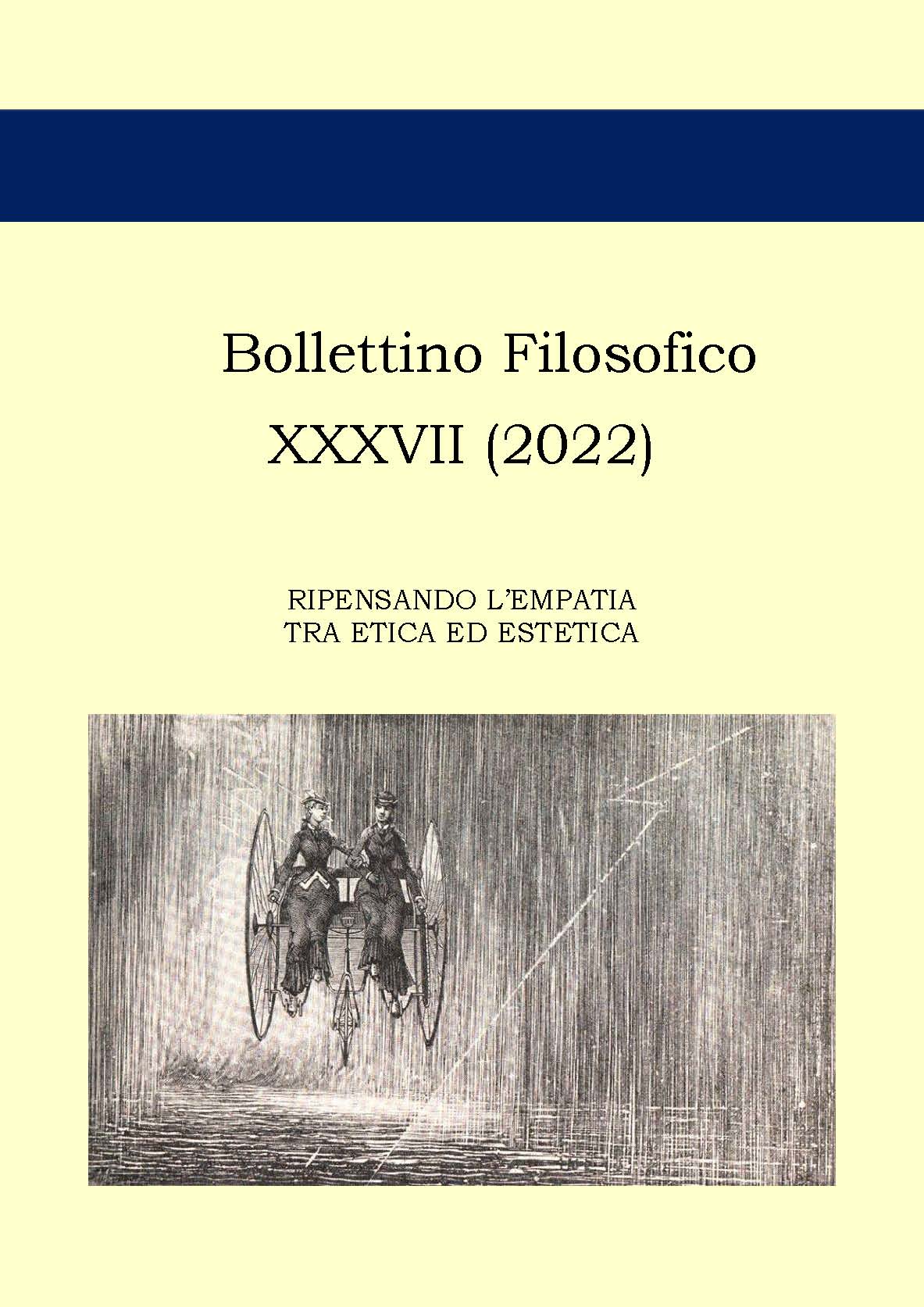Face-to-Face, or Face-to-Visor. Is Cinematic Virtual Reality the “Ultimate Empathy Machine”?
Abstract
My paper makes a comparison between one possible definition of empathy and the spectator’s experience in VR with the aim of assessing whether these two structures are compatible in a more rigorous way. Following the phenomenological works of Maurice Merleau-Ponty and Vittorio Gallese’s writings on embodied simulation, I will define empathy in the VR context as the result of four different conditions: 1) the VR user and the VR character must share the same ontological structure, for the other is a “second self”, therefore 2) the character must be directly accessible in an intersubjective and reversible relation. Furthermore, 3) it is necessary for the VR user to understand the object of the character’s emotion to strengthen the empathetic response provided by the embodied simulation, but 4) this does not ever mean that empathy leads to a total correspondence of state of minds, as the character’s suffering is always different from what the spectator feels while seeing that suffering. Taking these four conditions in mind, I then apply them to the analysis of the VR documentary Clouds over Sidra (Milk, Arora, 2017), which follows the story of Sidra, a refugee child displaced in the Za’atari refugee camp. My conclusion is that VR engenders an occasion of emotional contagion, which is the quite literal infection of the character’s feeling to the VR user.
Keywords: Embodied Simulation, Emotional Contagion, Intersubjective Relation, Phenomenology, Virtual Reality
Downloads
Bollettino Filosofico pubblica in internet, ad accesso aperto, con licenza:
|
|
CCPL Creative Commons Attribution |
L'autore conserva il copyright sul suo contributo, consentendo tuttavia a chiunque "di riprodurre, distribuire, comunicare al pubblico, esporre in pubblico, rappresentare, eseguire e recitare l'opera", purché siano correttamente citati l'autore e il titolo della rivista. L’autore, al momento della proposta di pubblicazione, è inoltre tenuto a dichiarare che il contenuto e l’organizzazione dell’opera è originale e non compromette in alcun modo i diritti di terzi, né gli obblighi connessi alla salvaguardia di diritti morali ed economici di altri autori o di altri aventi diritto, sia per testi, immagini, foto, tabelle, sia per altre parti di cui il contributo può essere composto. L’autore dichiara altresì di essere a conoscenza delle sanzioni previste dal codice penale e dalle leggi speciali per l’ipotesi di falsità in atti ed uso di atti falsi, e che pertanto Bollettino Filosofico è esente da qualsiasi responsabilità di qualsivoglia natura, civile, amministrativa o penale, e sarà dall'autore tenuta indenne da qualsiasi richiesta o rivendicazione da parte di terzi.
